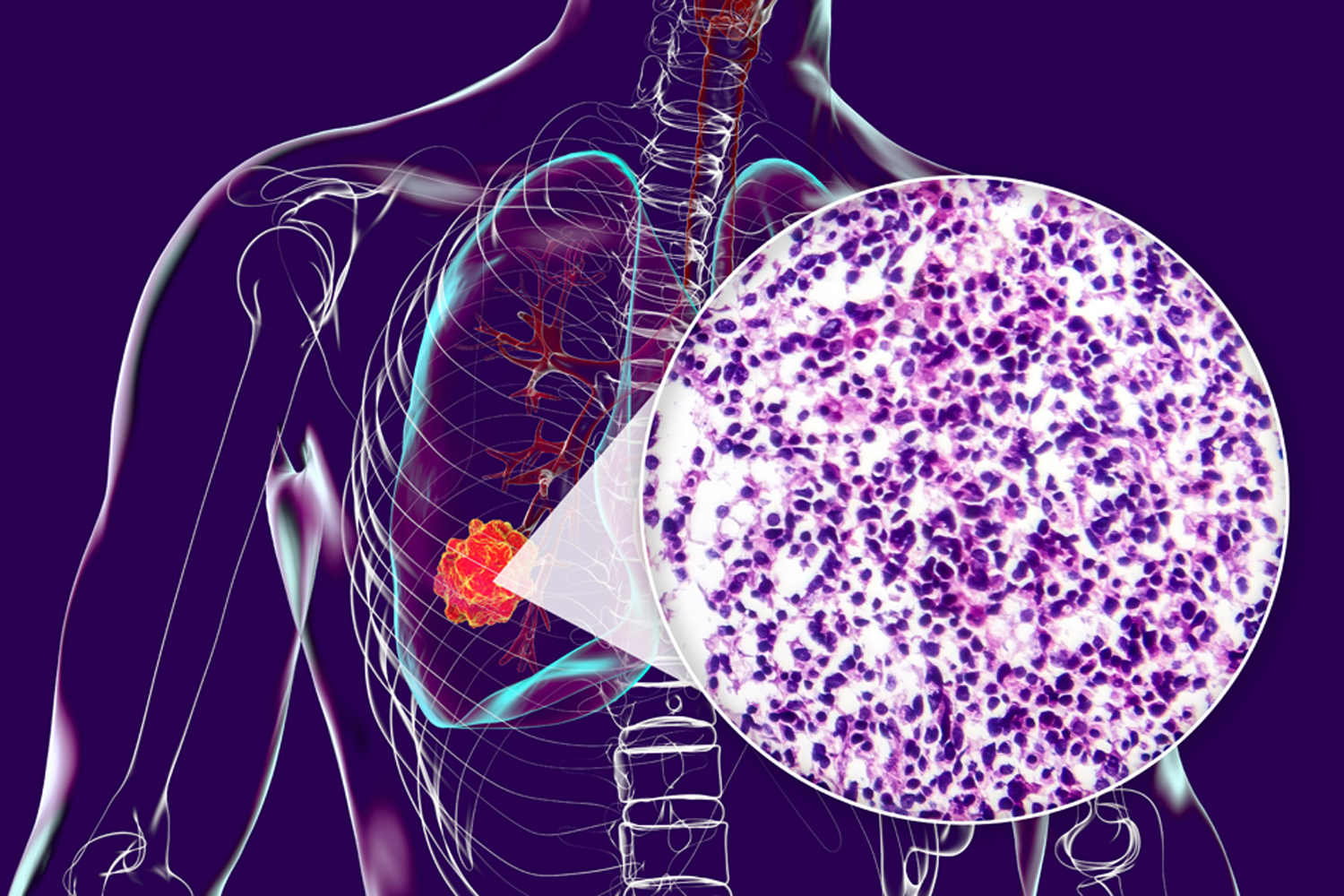-
Consider Immunotherapy Before Surgery for Melanoma
Immunotherapy before surgery is proving to be an effective treatment against melanoma.
by Sandra Gordon
-
Comparing Costs of At-Home Colorectal Screening Tests
Cologuard and FIT have been found equally effective at screening for colorectal cancer and are widely used, but FIT is a fraction of the cost of Cologuard.
by Jon Kelvey
-
Women Less Satisfied With Cancer Care
Compared with men, women’s initial cancer symptoms are less likely to be taken seriously.
by Sandra Gordon
-
From the Editor-in-Chief
Taking Aim at CancerTherapeutic antibodies carry ‘payloads’ to destroy cancer cells.
by William G. Nelson, MD, PhD
-
Forward Look
Treating Brain MetastasesNeurologist David Schiff discusses the significance of new evidence-based guidance on how to treat brain metastases from solid tumors.
by Kendall K. Morgan
-
Forward Look
Many Online Pharmacies Are IllegitimatePatients looking for online discounts for drugs should proceed with caution.
by Eric Fitzsimmons
-
Forward Look
Losing HeartCardiovascular mortality rates for survivors of early-stage Hodgkin lymphoma outpace cancer-related mortality.
by Marci A. Landsmann
-
Forward Look
Cancer Clinical Trials May Get a Boost From TelehealthRemote approaches would remove barriers, potentially improving patient participation and diversity.
by Stephen Ornes
-
Mysterious Microbes
Scientists look to decode the role of intestinal bacteria in our responses to immunotherapy.
by Natalie Slivinski
-
Healthy Habits
Vital VeggiesAllium vegetables, such as garlic and onions, contain a compound that may lower the risk for several cancers.
by Erin O'Donnell
Cancer Talk
Treatment Combination Improves Survival in EGFR-positive Lung Cancer
Adding chemotherapy to targeted therapy improves outcomes for people with advanced EGFR-positive non-small cell lung cancer.
by Sandra Gordon
Lessons From 20 Years Living With CancerMultiple myeloma survivor Jonathan Gluck reflects on uncertainty, and the scientific progress that has kept him living with cancer for more than two decades.
by Eric Fitzsimmons
The Enduring Importance of Cancer Disparities ResearchOpening session from AACR conference highlights how perseverance and adversity have informed cancer disparities research over the years.
by Eric Fitzsimmons
Most Cancer Survivors Don’t Meet Healthy Diet GoalsDespite research linking fruits and vegetables to cancer survival, many people do not change their eating habits after diagnosis.
by Darlene Dobkowski















